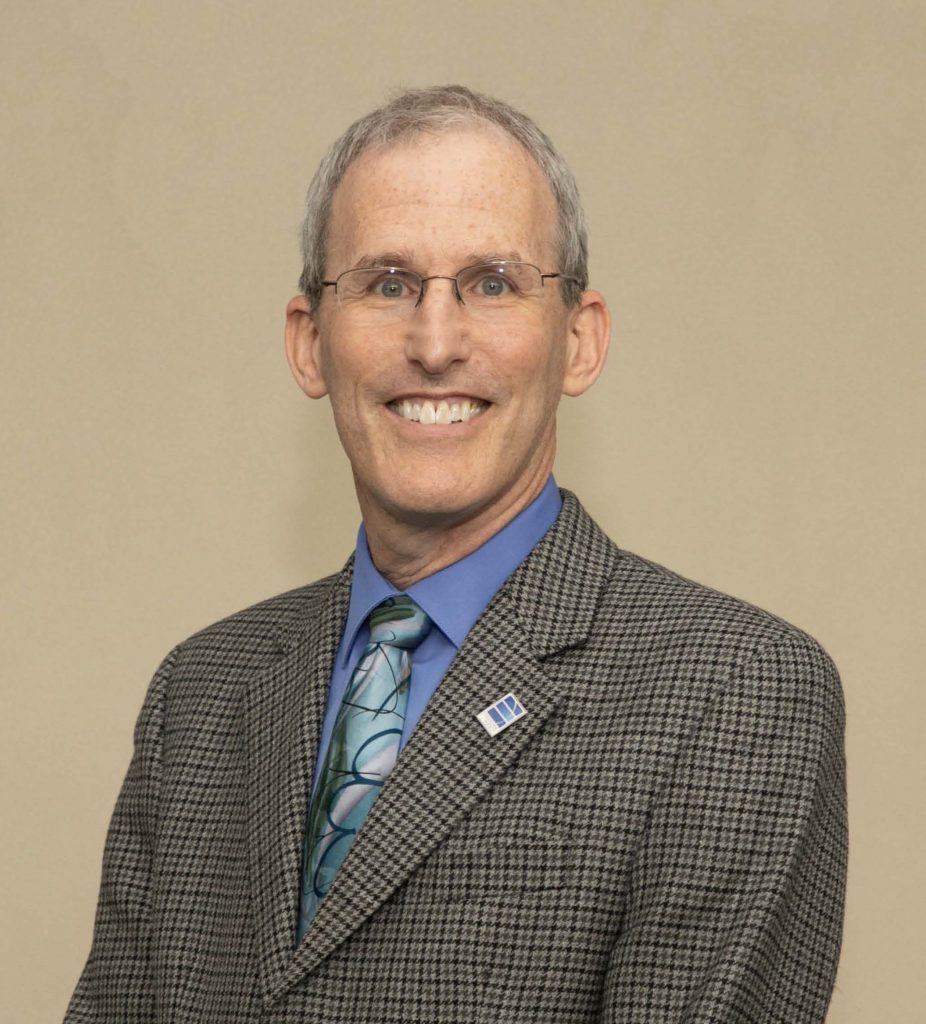
I am honored to work with a Society that prioritizes access to care for all people who need it, including those living with diabetes and women with infertility, and one that advocates for legislation such as the Global Plastics Treaty to lower our everyday exposure to endocrine-disrupting chemicals (EDCs).
One of the most amazing things about the Endocrine Society is our members, who are world leaders in endocrine research and clinical care. Our experts, along with Endocrine Society staff, have put in years of hard work advocating on the Hill and building relationships with both policymakers and reporters. As such, we have become a trusted source for all hormone health topics, ranging from EDCs to the myths around the popular internet trend of “hormone balancing.” Through this process, we have built strong relationships with The New York Times, CNN, The Washington Post, and many other influential news outlets, allowing us to advocate for our members.
I look forward to celebrating the successes of Endocrine Society team of members and staff with you all soon, and to seeing the continued success of our Society in educating the public on all things endocrinology.
In fact, the Society has had several successful events and media outreach programs over the last few months to highlight our policy priorities and to educate the media.
We just held our March Hill Day where 11 of our members from eight different states met with over 25 offices. We asked Congress to complete the appropriations process for FY2024 with protected funding for the National Institutes of Health (NIH), reauthorize the Special Diabetes Program (SDP), and fund the NIH at $51.303 billion in FY2025. Legislation to reauthorize the SDP passed by both the House and Senate a few days later, which included a funding increase for the program.
We also responded to the recent Alabama court ruling, which stated embryos had the same rights as children and created challenges for those seeking to access infertility treatments and made it more difficult for reproductive endocrinologists to care for their patients, by issuing a statement calling for members of Congress to support federal legislation protecting access to in vitro fertilization (IVF). Our statement generated increased interest and support in legislation. Fortunately, Alabama has since passed a state law protecting providers and IVF users from criminalization; however, this action may not be enough, so we will continue to prioritize protecting access to IVF at the federal level.
To educate the public about our Clinical Practice Guideline update process, we secured an exclusive interview with CNN reporter Jen Christensen to announce the update of our gender-affirming care Clinical Practice Guideline. We emphasized how the update will follow our usual evidence-based, thorough method involving a careful, deliberate, multi-disciplinary approach that includes opportunities for all members to comment and contribute to the process. The article was received very well and syndicated across several publications.
I am so proud of the progress we have made with our advocacy efforts and the reputation we have created in the media as a trusted source on endocrine policy and science issues.
The Society recently collaborated with the International Pollutants Elimination Network (IPEN) to publish a report, “Endocrine Disrupting Chemicals: Threats to Human Health,” which provides a comprehensive evidence-based update on the state of the science around EDCs with a specific focus on plastics and pesticides. The report indicates that EDCs contribute to disorders such as diabetes, neurological disorders, reproductive disorders, inflammation, and compromised immune functioning.
The Society held a successful news conference with IPEN on the findings where lead author and Endocrine Society Board Member Andrea C. Gore, PhD, of the University of Texas at Austin, educated reporters from The New York Times, Chemical Watch, Plastics Today, and several other science and health journalists on the dangers that plastics pose to public health. The report garnered coverage in outlets such as The Hill, Inside Climate News, and Sustainable Plastics.
This webinar was held shortly after we released the findings of a new Journal of the Endocrine Society paper by Leonardo Trasande, MD, of NYU Grossman School of Medicine and NYU Wagner Graduate School of Public Service, that found United States health costs related to chemicals in plastics reached $250 billion in 2018. Being able to put a cost on the harm these EDCs are causing helps show policymakers and the public why they should take this public health threat more seriously and act now to reduce exposure and pass legislation such as the Global Plastics Treaty.
In addition to policy issues, our members can speak on a wide array of endocrine topics and have been known to clear up some health misconceptions on social media. We were able to work with Deena Adimoolam, MD, on a webinar, “The Truth Behind Hormone Balancing,” which is a trend that claims to balance your hormones with holistic approaches alone. It drew interest from The Association of Healthcare Journalists and NBC. This work is so important, as we see more and more of our patients trusting social media rather than experts for health advice and supplements.
One of the most amazing things about the Endocrine Society is our members, who are world leaders in endocrine research and clinical care.
I am so proud of the progress we have made with our advocacy efforts and the reputation we have created in the media as a trusted source on endocrine policy and science issues.
If you want to learn how to become an endocrine advocate, visit: https://www.endocrine.org/advocacy.
I look forward to celebrating the successes of Endocrine Society team of members and staff with you all soon, and to seeing the continued success of our Society in educating the public on all things endocrinology.

